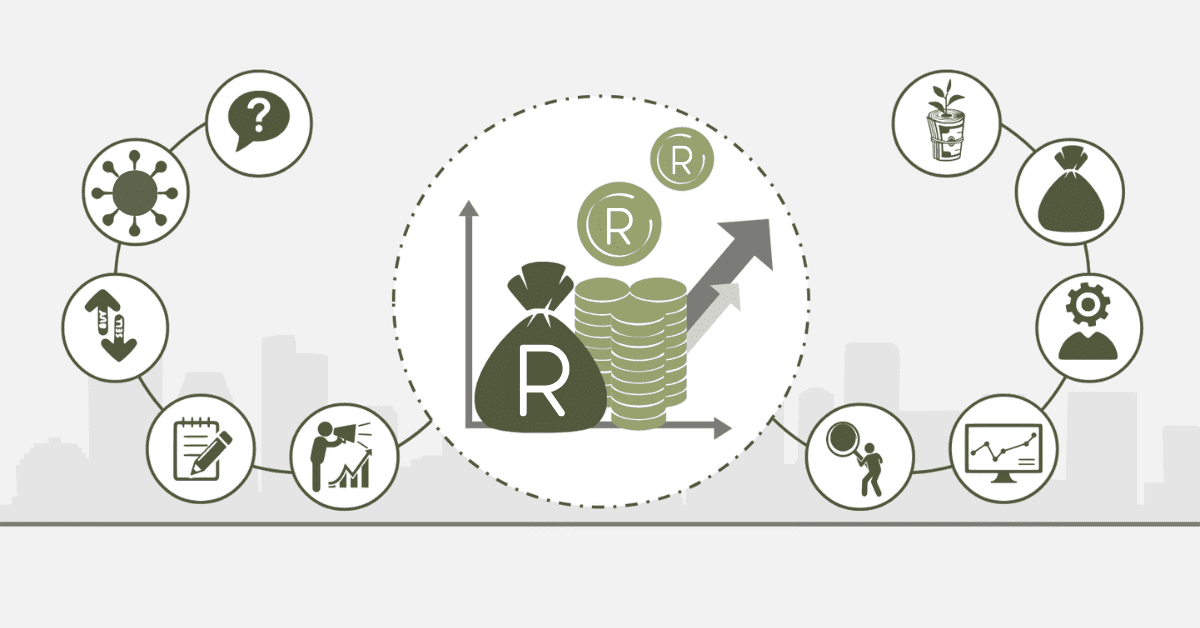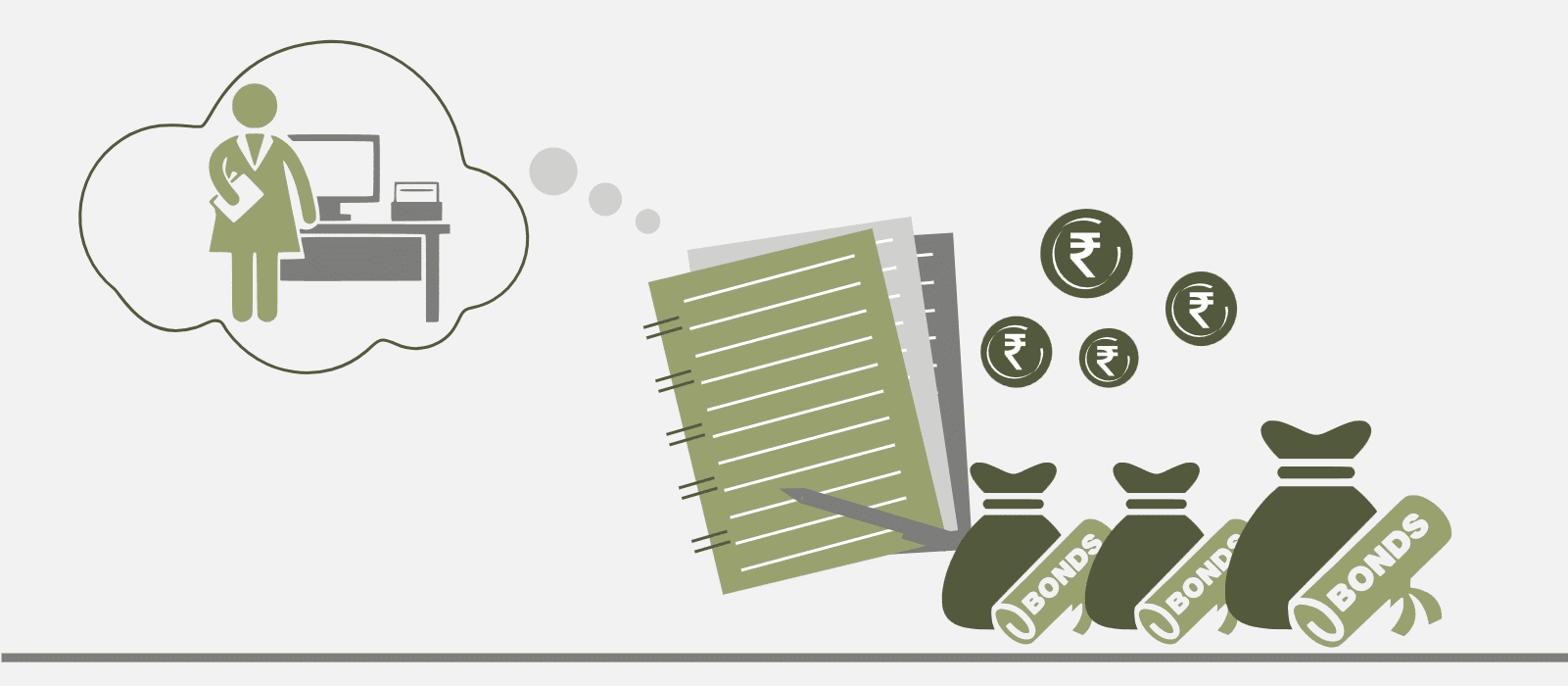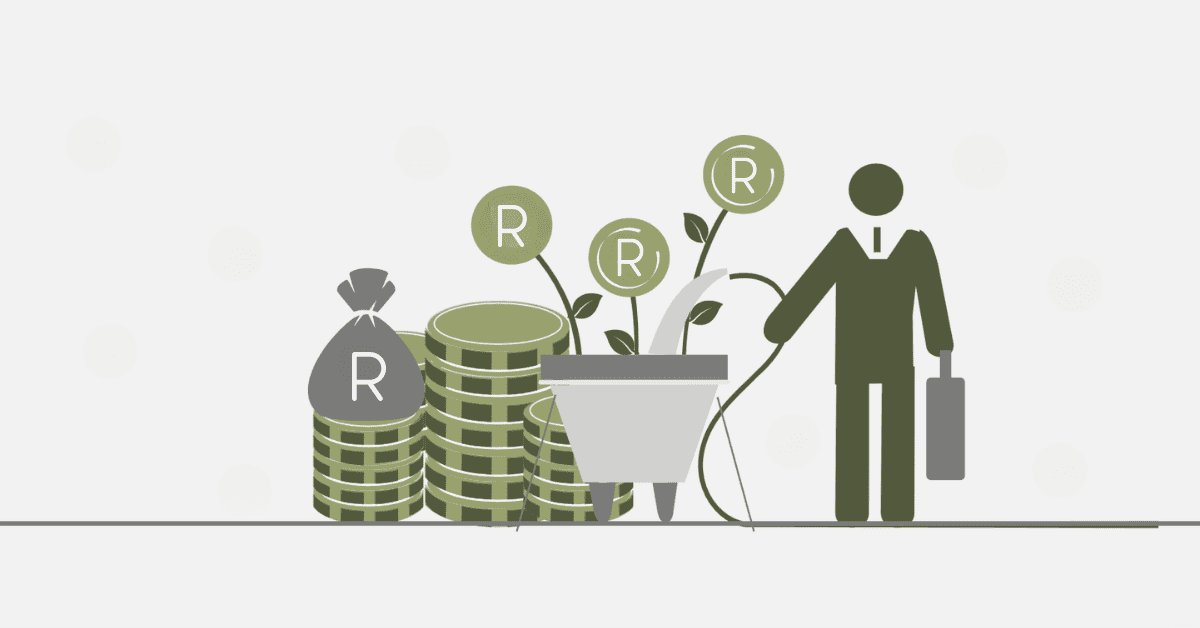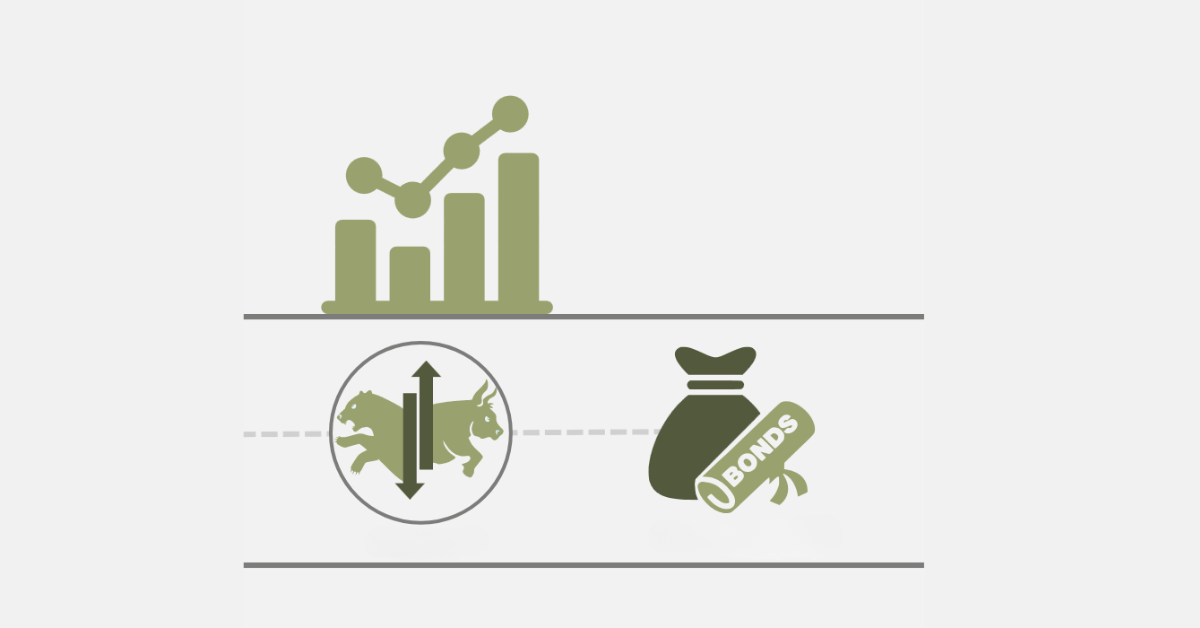Your investment portfolio should not be rigid; rather, it should be fluid in that sometimes it would be necessary to realign the portfolio with your goals and risk tolerance in view, apart from the prevailing market conditions. Portfolio rebalancing is not trend chasing; it ensures your invested money reflects your long-term strategy.
With inflation, fluctuating currency, and actual interest rates in turmoil, portfolio balance has become even more imperative for a South African investor in these trying times. This guide will deliver how to understand and then implement portfolio rebalancing.
What is Portfolio Adjustment?
Portfolio adjustment refers to the readjustment in composition towards one’s goals and risk tolerance. It is an active process since market conditions change, as do personal goals and the performance of the assets. If a portfolio is weighted heavily in equities, this will shift some assets to bonds if the markets take a cue for a downturn.
The process will also ensure that one’s diversified portfolio is maintained. Portfolio diversification is the primary key that allows different diversification to facilitate the dispersion of risks through multivariate asset classes such as equities, bonds, and real estate. This need for diversification among South African investors is high due to the volatility of local markets and challenges in economic performance.
In this manner, regular rebalancing will keep such a balance so no class of assets can dominate your portfolio and raise your overall risk.
Portfolio adjustments are more than mere reactions to changes within the market; instead, they are strategic steps toward consistency in your financial journey. Whether wealth preservation or aggressive growth, adjustments ensure that your portfolio evolves with changes in circumstances and altered market realities.
How Do You Adjust an Investment Portfolio?
Adjusting an investment portfolio is, to a great extent, a structured affair.
- Evaluate the Performance of the Current Portfolio
Start by evaluating your portfolio’s performance. Follow this by identifying overperforming and underperforming assets. Next, see whether your current asset allocation aligns with your financial goals.
- Definition of Financial Goals and Risk Tolerance
Re-evaluate your objectives. For instance, if a South African capitalist wants to retire in 20 years, he can aim for growth. However, if one plans for a short-term goal, he should go for less volatility. There is also an array of tools that could help make these decisions. A good example would be the risk tolerance questionnaires.
- Rebalance your asset mix.
That would mean rebalancing back into your original or new desired allocation. For instance, some of your stocks did well and became a significant part of your total portfolio. You can sell some stock and reinvest the money in bonds or real estate.
- Add Diversification
Spread the risk across asset classes and geographical locations. A mix of local equities, bonds, and REITs in South Africa will go pitted against offshore investments that could also hedge against currency fluctuations.
- Consider all the Economic and Market Conditions
During fluctuating inflation, GDP growth, currency devaluation, and other myriad problems, investors in South Africa are highly influenced. Understand local and global trends to make the right decisions.
- Seek Professional Advice
Consulting a financial advisor or using portfolio management services ensures informed decisions based on professional insights and market trends.
How to Handle Investment Portfolios
The investment portfolio needs to be managed with care through continuous follow-ups and a strategic decision:
- Regular Monitoring
Do that at the end of every quarter or six months. That’s pivotal to ensure it aligns with your venturing strategy. This also becomes very important in SA as market volatility or sudden changes in currency rates are expected. They are known to result in massive changes in returns.
- Keep Yourself Aware of Market Trends
Understand global and local market dynamics concerning your investment. For example, in the case of a weakening rand, an increase in exposure to the offshore assets could be positive for the portfolio.
- Implement a Long-Term Perspective
While the temptation to be seduced into the short-term market swings may be huge, the long-term approach yields fewer emotional decisions for better-compounded returns.
- Enhance Tax Efficiency
Use available tax-efficient investment options, including retirement annuities and tax-free savings accounts in South Africa, to optimize the holistic performance of your portfolio.
- Adjust to Life Changes
The significant life changes include marriage, children, or retirement. A typical example is that South Africans approaching their retirements may cancel growth-oriented investments for income-generating assets.
At What Intervals Should One Rebalance Their Investment Portfolios?
Rebalancing can be done on higher or even lower frequencies. Most of the time, rebalancing is executed either once yearly or semiannually. Here is some guidance on this:
- Annual Review: With the long-term investor, once a year is often enough to go on a rebalancing schedule. It keeps clients aligned with financial goals without the pressure of excess transaction costs.
- Threshold-Based Rebalancing: The threshold method involves rebalancing the portfolio when the asset allocation has moved noticeably- say, 5-10 %-away from your targeted level. This threshold technique is more dynamic, taking into account market volatility.
For South African investors, regular rebalancing is vital in light of the country’s unpredictable economy. Events such as sudden currency depreciation or interest rate changes may require periodic adjustments.
Final Thoughts
One of the mainstays of establishing financial success involves adjustment and management, which are critical features in creating an investment portfolio. This periodic rebalancing of their portfolio will offer investors in South Africa a balance between stability and growth in an ever-changing market by allowing for diversified, strategic decisions that commit to long-term goals in volatility and economic challenges. Investing is a process; at one time, seek the advice of a certified professional where necessary and familiarize yourself with the local economic environment. It will help you make an informed decision today to determine your financial future.

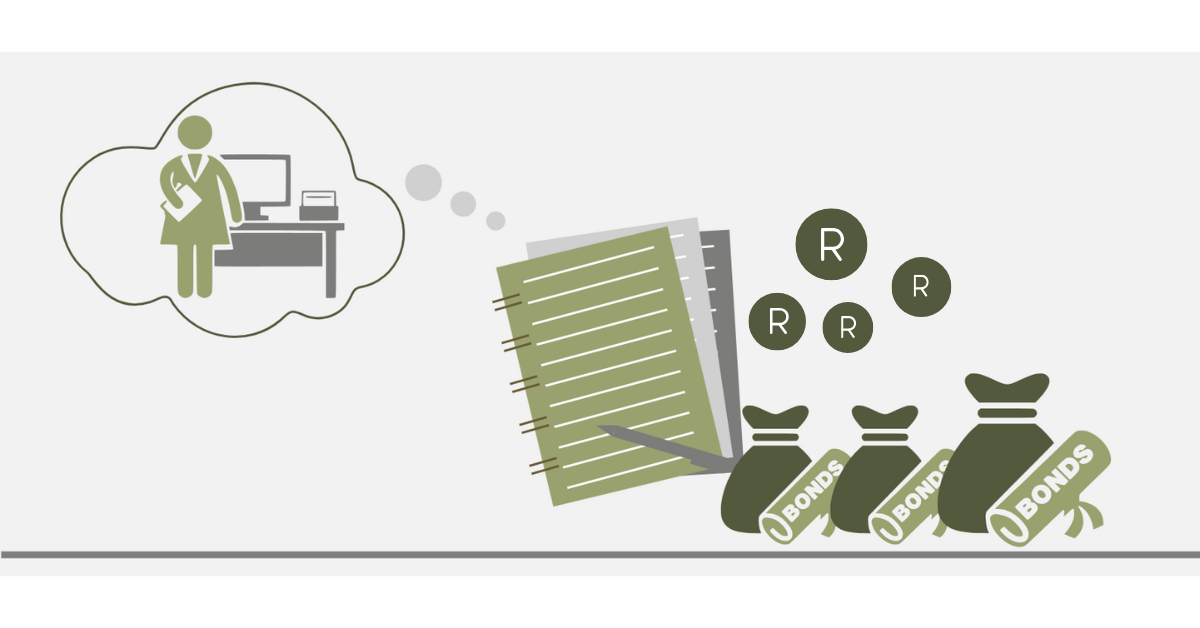


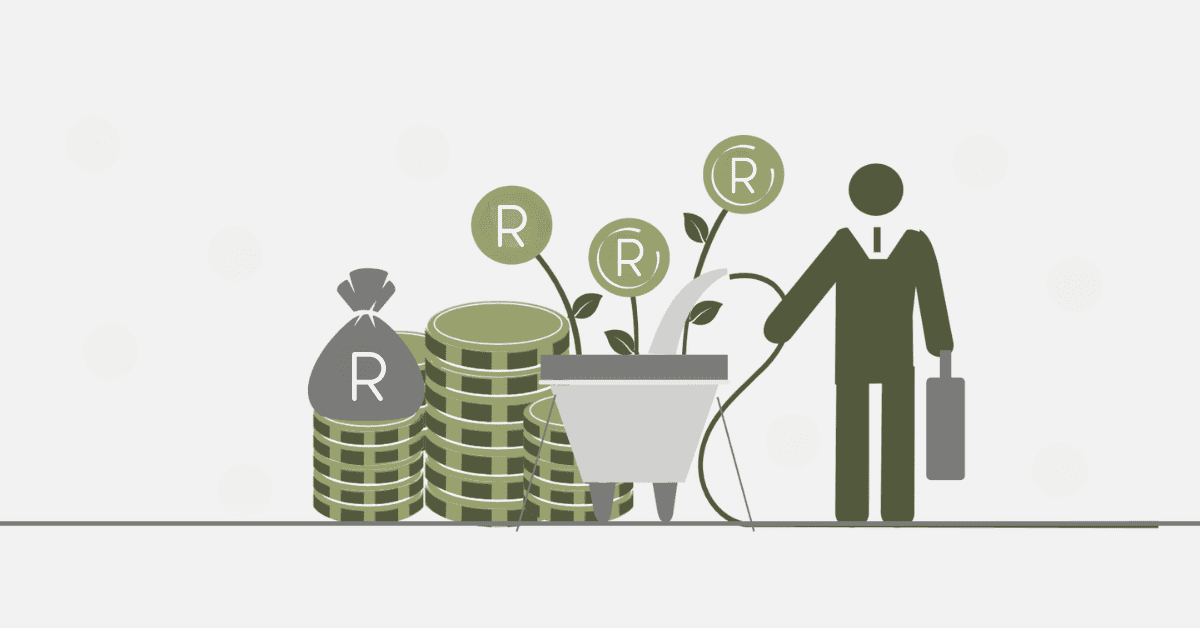



![What are ETF [Exchange-Traded Funds]?](https://www.searche.co.za/wp-content/uploads/etf.webp)
